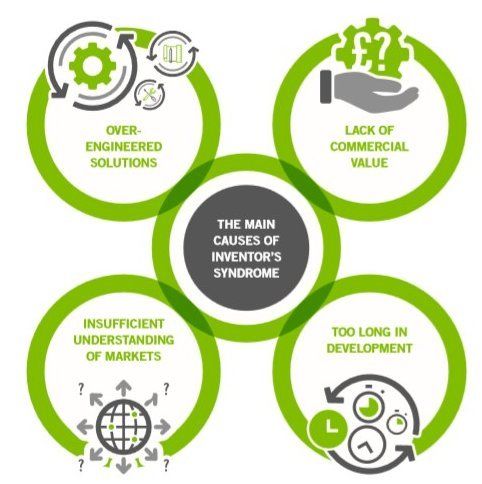
From May 2019, South East Creatives offered fully-funded specialist mentoring support aimed at small and medium sized businesses in the Creative , Cultural or Digital Sectors, which have significant growth potential.
The mentoring sessions provided practical advice and guidance on how to grow your business e.g. strategic planning, new or niche markets, audience and client development, commercialisation opportunities, securing finance, developing and protecting your brand/IP, product design, e-commerce and digital marketing, leadership development, public relations, marketing communications, market research and project management.
We supported a variety of businesses types including specialist printing, architecture and design, market research and intelligence, video production, ethically sourced product retailing, and many others, spread across Essex, Kent and East Sussex.
The programme has now completed (December 2020), and here is some feedback from some of the clients we supported :
"Working with David has transformed the way I run my business. He has an ability to clearly, simply and concisely convey information, and to back this up with things I can actually use. Ideas which once seemed complex and confusing are now part of day to day business development, and I have confidence because I know exactly where the business is and how to move it in the right direction."
"My company is almost unrecognisable from nine months ago when I was first introduced to David:. We have adopted many of his suggestions and are now in a much better place in terms of our team numbers, our IT capabilities, our finance processes and our sales & marketing function. And I’d like to think my leadership skills have developed in a positive way too."
“Working with David was incredibly valuable. He gave me the confidence and tools to restructure the business for the future. He is a very insightful coach and encourages new ways of thinking in a safe environment.”

A report by the Institution of Engineering and Technology (IET) entitled “Bridging the Innovation Gaps” explored the obstacles and challenges facing UK SMEs as they strive to innovate and grow.
They identified the Number One challenge as “The belief that when a technology is explored, developed and perfected, it will automatically find a market and become a commercial success”.
To describe this, they coined the term “ Inventor’s Syndrome ”.
Here is a summary of key messages from the IET report which addresses this issue:
Inventor’s Syndrome
There is no shortage of ideas and inventions among engineers and entrepreneurs working within UK SMEs, but success isn’t all about the science. Inventor’s Syndrome manifests itself as the belief that when a technology is explored, developed and perfected, it will automatically find a market and become a commercial success – the “build it and they will come” mentality.
Generating a good idea, developing a proof of concept and successfully taking it to market is a huge undertaking and requires as much financial, business and marketing acumen as it does engineering prowess.
Entrepreneurs and start-ups need to be tough, stubborn and resourceful to survive the early stages. But such self-reliance can sometimes this can lead to a blinkered view of an invention and cause them to lose focus on the wider context, and that inventions must also provide commercial value .
Another critical factor is getting the innovation to the market at the right time – one of the biggest differentiators between success and failure. A simple prototype may turn into an over-engineered solution, or spending too much time in development can result in an obsolete invention.
Market analysis is a weakness for many small businesses, meaning that they may not be able to identify opportunities, the best timing, or know where to invest their time and resources. Even when the market is ready and the need is there, Insufficient market research, or researching the wrong demographic can lead to poor decisions about where to invest.

